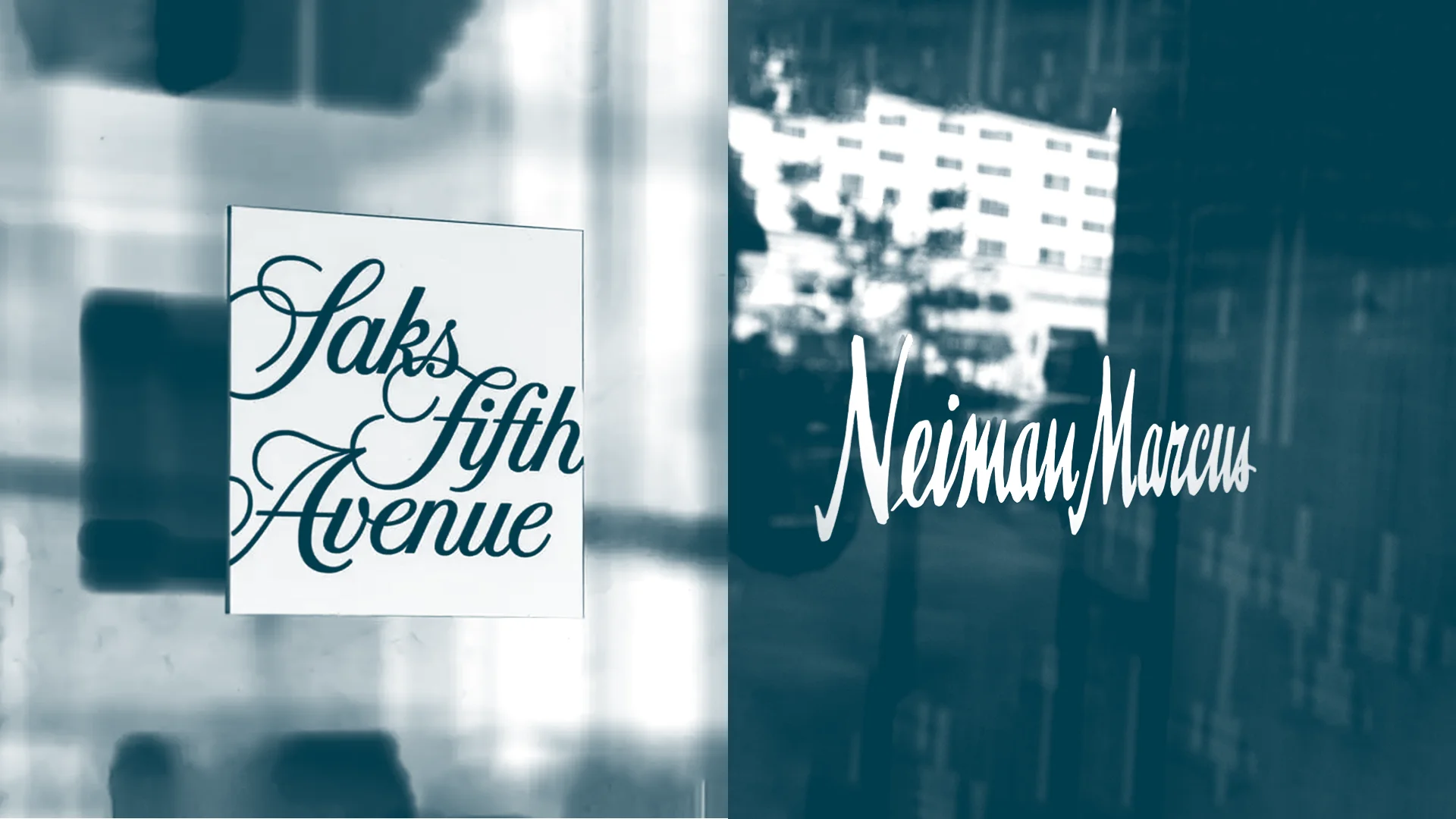Harnessing Emirati Guest Experiences
Despite constituting only 11% of the total population, local Emirati guests have strong purchasing power for luxury brands in the United Arab Emirates (UAE). Due to the impact of COVID-19 on international travel and tourism spending, Emirati guests became, and still are, crucial to luxury brands’ local business. Throughout this tumultuous period, we at CXG supported our clients in the premium and luxury sectors by gathering and dissecting detailed feedback on their Emirati and non-Emirati guests’ experiences.
Our Customer Experience Evaluation results revealed that non-Emirati guests reported a better in-store experience than Emirati guests when shopping at luxury brands. Considering the importance of Emiratis as a customer group for all luxury brands in the UAE, we felt this was a concerning finding and wanted to understand what was causing the difference.
The Results
In 2021, our evaluators conducted in-store visits to the boutiques of our luxury brand clients in the UAE, which included clients in the Watch & Jewelry, Fashion, and Cosmetics categories. Using our key measure of customer experience, the Advocacy Index, we found that just 38% of Emirati guests were classified as ‘Ambassadors,’ as they answered that they would proactively recommend the store they had visited due to a positive experience. Comparatively, the percentage of delighted non-Emirati guests stood at 34% higher than their Emirati counterparts, with 51% ‘Ambassadors’.
The story was similar when we looked at our second key metric: Purchase Intention, which measures the likelihood of a purchase resulting from the experience received. Here, we found that the Purchase Intention for non-Emirati guests who answered they would ‘definitely make a purchase’ because of their experience was 29% higher than that of Emirati guests. If brands can improve this metric with their Emirati guests, there is substantial potential for additional revenue.
Evidence suggests a link between generating positive word of mouth (Advocacy Index) and Purchase Intention. The data shows that delivering great experiences is essential and a good (rather than great) experience for an Emirati guest is not sufficient enough to generate a strong intention to purchase. 88% of Emirati ‘Ambassadors’ (with the most positive word of mouth) say they would Definitely Buy – yet only 21% of ‘Advocates’ (the next highest positive word of mouth) said they would Definitely Buy.
Delving deeper, we found two areas where Emirati guests reported a significantly worse experience than non-Emirati guests: building a connection with the advisor and feeling inspired by the advisor. “Building connections” includes topics around the discovery conversation with the advisor and the advisor’s ability to get to know the guest. “Feeling inspired” measures the impact of the storytelling and passion demonstrated by the advisor.
We also gauged the overall perceived attitude of the advisor by asking respondents to choose the adjectives and attributes that described the sales advisor they interacted with. (If you’re interested in learning more about the essential attributes retail teams must have to elevate a good experience to an excellent one, read our article on The Attributes of CX Excellence.)
We found that Emirati guests were less likely to use positive attributes to describe the advisors than non-Emirati guests, with the biggest difference seen in the descriptions of helpfulness, proactivity, and passion. Among negative attributes, 22% of Emirati guests described advisors as disengaged, compared to a mere 6% of non-Emirati guests using that description as well.
Finding The Why
From conversations with clients and our experience with the Middle Eastern region, we can suggest three possible reasons for these differences from an advisor’s point of view:
- Intimidation: advisors can become fixated on the assumptions of the ‘right way’ to interact with Emirati guests.
- Cultural concerns: advisors can feel hesitant to ask personal connection-building questions due to cultural considerations.
- Focusing on the sale: advisors can sometimes stereotype Emirati guests as having a higher transaction potential when compared to other guest profiles and cease to deliver an experience by only focusing on making the sale.
According to feedback from our Emirati respondents, we found evidence to challenge these perceptions.
Being personal was imperative to Emirati guests feeling a connection with the advisor. To harness personability, Emirati guests appreciated how the advisor listened, their helpfulness, and how they discovered their needs. In contrast, Emirati guests declared that there was no connection when personal interactions were missing from the advisor. When this happened, Emirati guests deemed the advisor to be disinterested or not curious about them as they did not discover their needs or make them want to share information.
59% of Emirati guests became ‘Ambassadors’ from the visits (versus 38% overall result), and disengagement dropped from 22% to 6% when the advisor personally engaged with them and successfully discovered their needs. There were also significant improvements in the descriptions of helpfulness, a caring attitude, and the proactivity of the advisor. Several positive comments from the respondents signaled that asking their style preference was a winning topic of conversation.
Emirati guests also reported that they felt inspired by their advisor when they demonstrated passion, the advisor communicated about the brand and conveyed the brand’s uniqueness. For Emirati guests who failed to feel inspired, the reasons included a lack of storytelling, a lack of passion from the advisor, and the advisor not communicating effectively about the brand.
59% of Emiratis became ‘Ambassadors’ (versus 38% overall result) when advisors communicated effectively about the brand and actively conveyed the brand’s uniqueness through engaging shared stories. Feedback also revealed more positive words, such as proactive, passionate, and sincere, were used to describe the advisors.
How CXG Can Help
The future looks bright for luxury retail in the UAE, and Emirati guests will continue to be a primary demographic for building lasting relationships. However, not enough brands are taking the opportunity to tackle this topic head-on. We encourage forward-thinking brands to fully understand what their Emirati guests want from their experience and make the necessary changes to both the store experience and the training of frontline teams.
At CXG, we are committed to helping our clients tackle these issues in several ways:
- Helping brands understand their guests better: we are delivering Focus Groups and interview programs with Emiratis to gain a deeper understanding of what they are looking for in a shopping experience.
- Providing detailed data: we continually measure our client’s customer experience across multiple touchpoints and deliver feedback from real customers whose demographics match the specific target profile of the brand.
- Academy programs: we help clients address their challenges through workshops. These include improving sales team communication and skills based on specific customer expectations and working with Learning & Development teams to create the right content for internal training programs.
If you are a brand looking for support on this topic or are interested in learning more about our study and the results, please don’t hesitate to contact us. We look forward to hearing from you.



